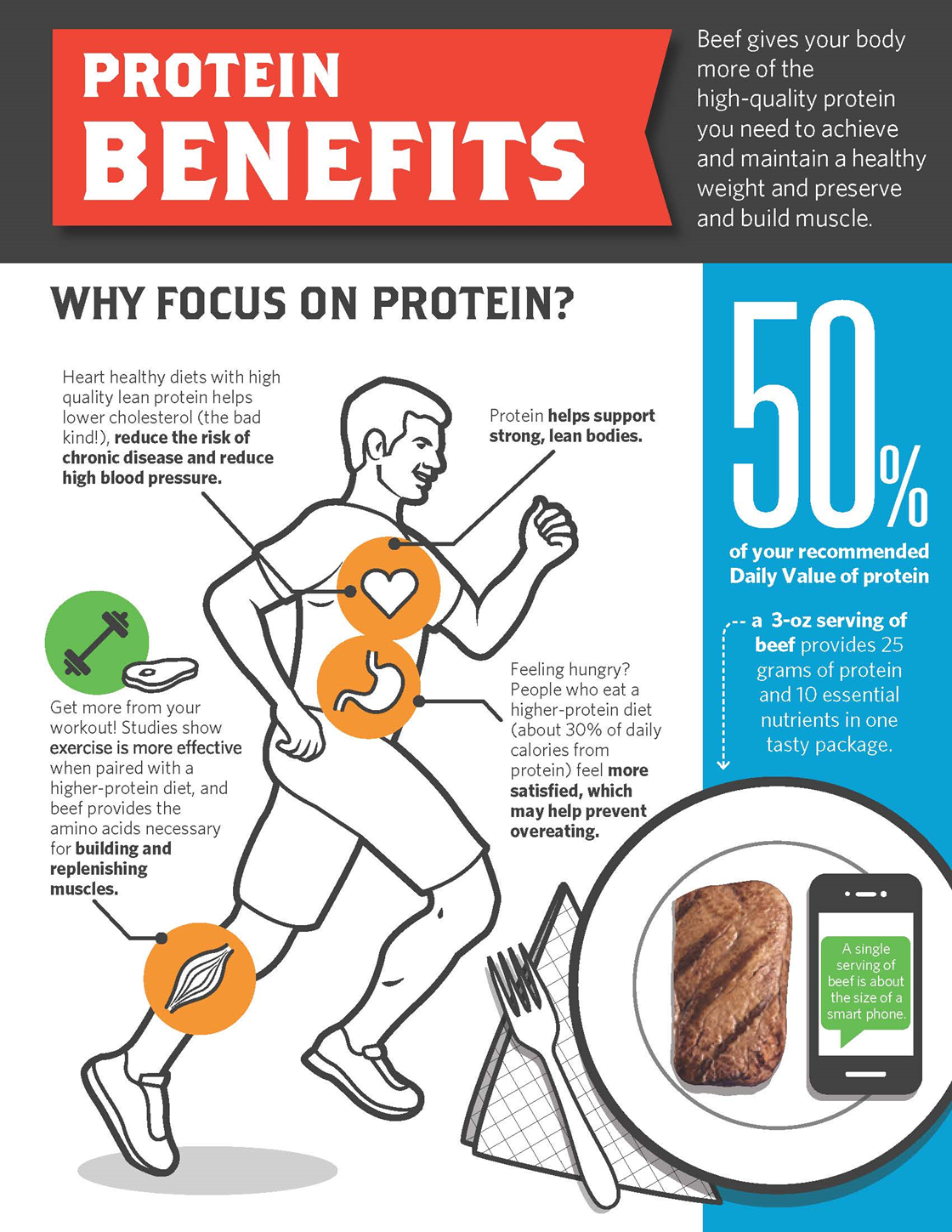Blitz News Digest
Stay updated with the latest trends and insights.
Get Lean or Get Lost: The Protein Playbook
Unlock your dream body with our ultimate protein guide! Discover tips, recipes, and secrets to get lean or get lost!
The Ultimate Guide to Protein: How Much Do You Really Need?
Protein is an essential macronutrient that plays a crucial role in various bodily functions, from building tissues to producing enzymes and hormones. But how much do you really need? Factors such as age, sex, physical activity level, and overall health can significantly influence your protein requirements. Generally, the recommended dietary allowance (RDA) for protein is 46 grams per day for women and 56 grams for men. However, athletes and individuals with higher physical demands may require up to 1.6 to 2.2 grams of protein per kilogram of body weight to support muscle recovery and growth.
To best understand your personal protein needs, consider evaluating your daily activities and diet. You can calculate your protein intake by assessing your total caloric needs and factoring in your fitness goals. Here’s a simple formula to help you: Body Weight (kg) x Protein Need (g/kg) = Daily Protein Intake. Keep in mind, including a variety of protein sources such as lean meats, dairy, legumes, and nuts will not only meet your protein needs but also provide essential nutrients that can enhance your overall health. Remember, it's always wise to consult with a healthcare professional or a registered dietitian to personalize your protein intake.

Top 5 Protein Sources for Optimal Lean Muscle Growth
For those looking to achieve optimal lean muscle growth, incorporating the right protein sources into your diet is crucial. Here are the top 5 protein sources that can support your fitness goals:
- Chicken Breast: Packed with high-quality protein, chicken breast is a staple for muscle-building diets. It contains minimal fat, making it perfect for maintaining lean body mass.
- Eggs: Renowned for their complete amino acid profile, eggs are an excellent protein source that promotes muscle recovery and growth. Including whole eggs in your diet can significantly enhance your muscle synthesis.
- Greek Yogurt: Rich in protein and probiotics, Greek yogurt can aid digestion while providing a satisfying snack. Its high protein content makes it a fantastic choice for post-workout recovery.
- Quinoa: As a plant-based protein, quinoa stands out for its complete amino acid profile, making it an exceptional option for vegetarians and vegans aiming for optimal lean muscle growth.
- Protein Powder: Convenient and effective, protein powders offer a quick protein boost that supports muscle repair. They can be easily added to smoothies or oatmeal for an extra protein hit.
Debunking Protein Myths: What Every Fitness Enthusiast Should Know
When it comes to protein, many fitness enthusiasts are often inundated with myths that can lead to confusion and misinformation. One common myth is that consuming excessive amounts of protein will automatically lead to increased muscle growth. In reality, protein intake should be balanced with overall caloric needs and accompanied by a proper strength training regimen. The body can only utilize a certain amount of protein at one time; the rest may be converted to energy or stored as fat. Therefore, it’s essential to find the right balance and not overconsume in hopes of maximizing gains.
Another prevalent myth is that all protein sources are created equal. While it’s true that protein is crucial for muscle repair and growth, the quality of protein varies significantly among different food sources. Animal proteins, such as meat, fish, and dairy, typically contain complete amino acids, which are essential for muscle recovery. On the other hand, many plant-based proteins may lack one or more essential amino acids. However, by combining various plant sources like beans and rice, you can achieve a complete amino acid profile, making it possible for vegetarians and vegans to meet their protein needs effectively.